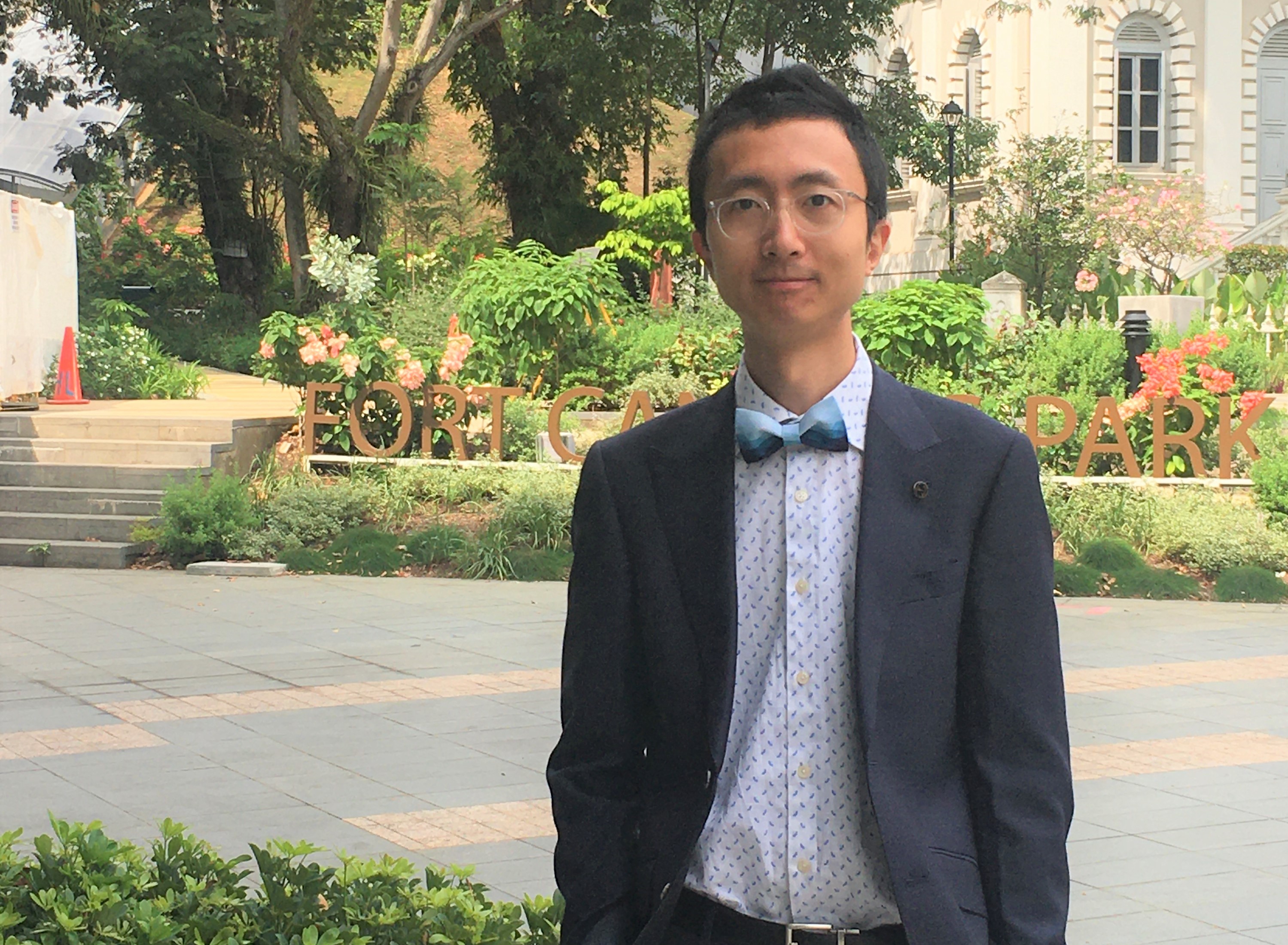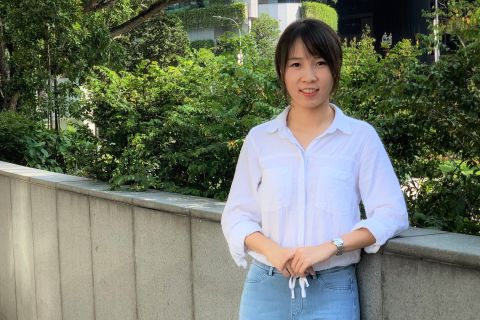
By Michelle Lee Twan Gee
SMU Office of Research & Tech Transfer – Associate Professor of SMU’s School of Accountancy Wang Rencheng has a penchant for connecting the dots between events in the corporate world that nobody previously thought of connecting.
Take flu and financial forecasting. In a September 2019 paper he co-authored with three other researchers titled Flu Fallout: Evidence of the Effect of Employee Distraction on Corporate Information Production Quality, Professor Wang reported that financial forecast quality fell significantly in firms headquartered in areas across the United States that were experiencing severe and widespread flu outbreaks.
The suggestive evidence was that flu activity affects forecast quality by increasing employee absenteeism, deteriorating employee concentration, increasing perception of forecast difficulty, reducing effective employee learning and undermining internal communication quality.
“Overall, our evidence suggests that flu activity constitutes a serious shock to a firm’s human capital resources, negatively affecting corporate information production,” concluded the study.
Another seemingly off-the-wall connection Professor Wang is currently investigating is the link between the fear of death, in-group culture defense, and the top executives’ job preferences.
Professor Wang tags it as a study of the effect of mortality salience on the executive labour market.
In the study he asks: An event such as the September 11 attacks changes the world, but how does it affect the US labour market?
According to terror management theory, most human actions are undertaken to ignore or avoid the inevitability of death. The terror of absolute annihilation creates such a profound but subconscious anxiety in people that they resort to various means to make sense of it. For example, reminding people of death increases their motivation to uphold worldview beliefs and pursue self-esteem to protect themselves.
Basing his research on archival evidence, Professor Wang concludes that mortality salience increases an ‘us vs them’ mentality, not the simple risk or miscalibration. As a result, levels of prejudice and negativity typically increase. In corporate talent hiring terms, this means that when talents and corporate executives are reminded of their own deaths, they are more likely to choose to stay with clones of themselves – people whose worldviews echo their own, and leave the employers and areas otherwise.
Connecting dots, winning acclaim
Professor Wang’s predilection for connecting incongruous dots has brought him research acclaim.
After graduating from his PhD programme in 2013, he had four articles accepted by the world’s top three accounting journals. It was the best research outcome among the faculty members in the Group of Eight in Australia where he has worked over the last six years. According to BYU Accounting Rankings, Professor Wang ranks top among his cohort of PhD graduates in Accounting in the Asian-Pacific region for published research.
And what is the big picture about managerial attributes he takes away from his research thus far? “Managers, analysts and other information providers are not simply a collection of agents in economic models or machines. They are human beings, just like the rest of us.”
And because humans are involved in accounting, Professor Wang has set himself the goal of expanding the understanding of accounting professionals using the lens of social science.
“People have started to realise that accounting is not merely about bookkeeping. Rather, it is a domain of information economics. I would like to further extend our understanding of accounting and see how it interacts with multiple areas in social science.”
In particular, he wants to make sure that research work conducted by the SMU School of Accountancy (SOA) creates bigger ripples.
“Our faculty is very well known for its research in financial accounting, taxation and corporate governance. What I am very interested in is extending SOA’s research to areas beyond these domains, to spheres such as social science, management, marketing and information system.
“By publishing research not just in accounting journals, but also in journals in other disciplines, our research outputs would be made known to a broader audience, which means our social impact would increase.”
Back to Research@SMU Nov 2019 Issue
See More News
Want to see more of SMU Research?
Sign up for Research@SMU e-newslettter to know more about our research and research-related events!
If you would like to remove yourself from all our mailing list, please visit https://eservices.smu.edu.sg/internet/DNC/Default.aspx

